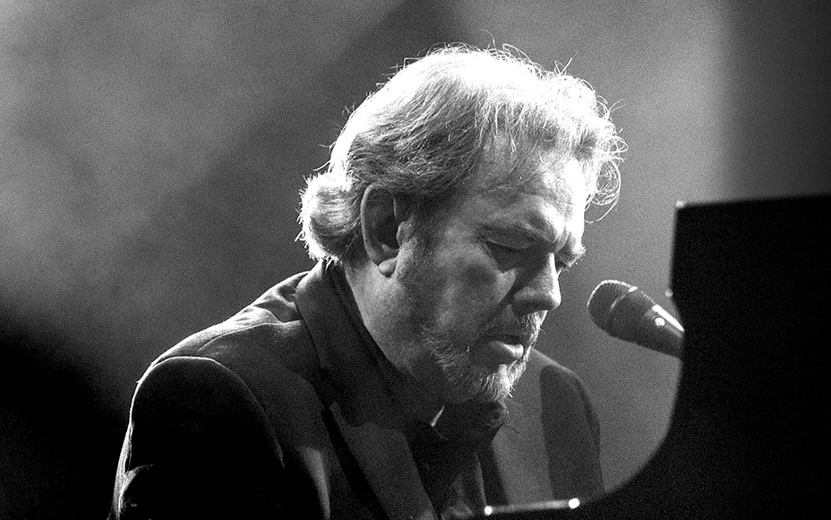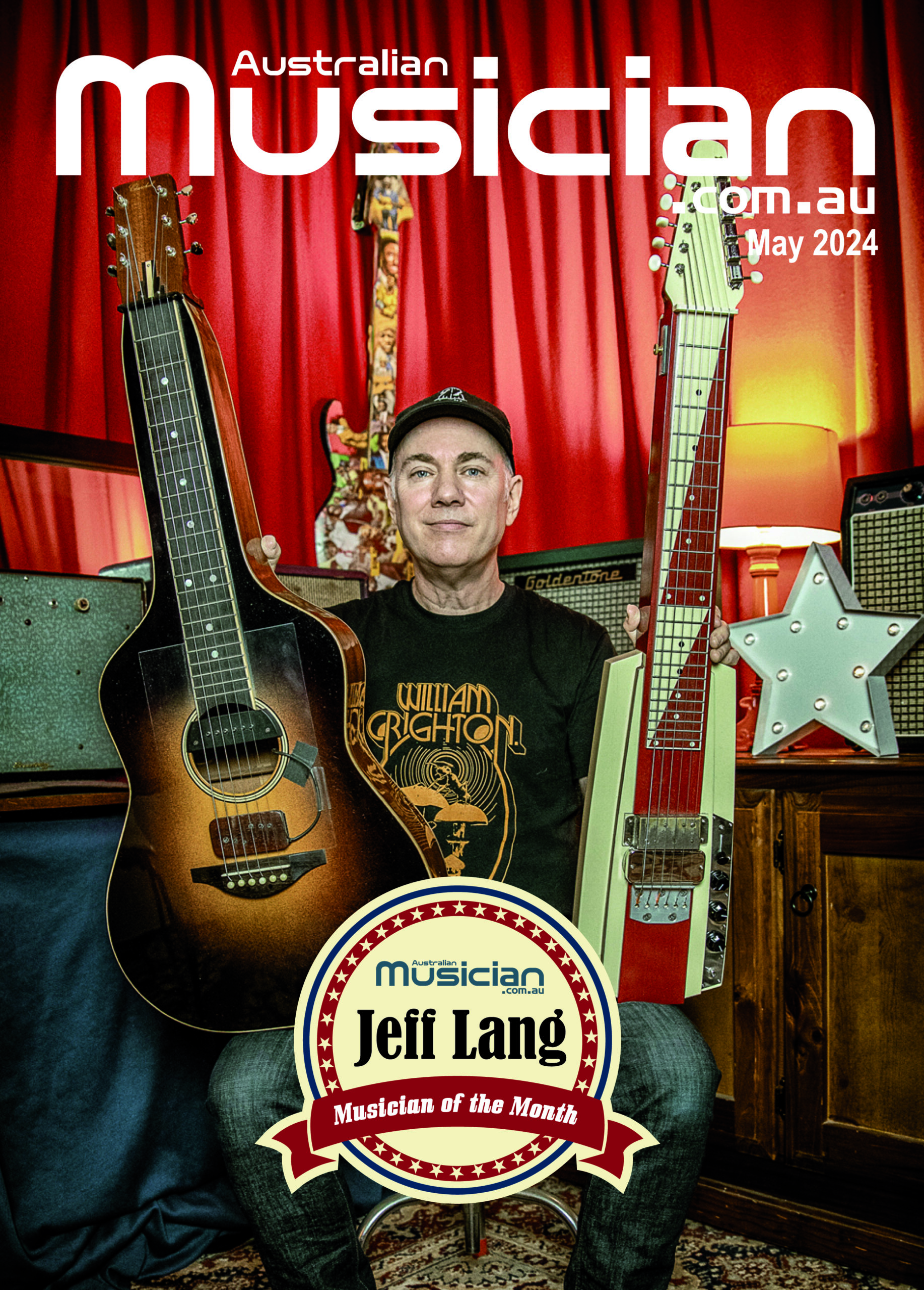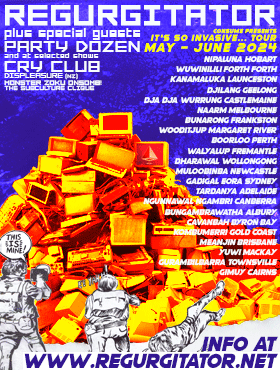
There’s no questioning this man’s songwriting credentials, Jimmy Webb has been crafting wonderful songs for over forty years, many of which have become treasured standards. His platinum selling songs include: “Wichita Lineman,” “By The Time I Get To Phoenix,” “Galveston,” “The Moon’s A Harsh Mistress,” “All I Know,” “The Highwayman,” “Up, Up and Away,” “MacArthur Park,” among others. In a career spanning more than five decades, Jimmy has received every major award a songwriter can get; including three Grammy Awards, the Academy of Country Music’s Poet Award and PRS for Music Special International Award at the prestigious Ivor Norvello Awards in 2012. His songs have been recorded or performed by Frank Sinatra, Elvis Presley, Judy Collins, Isaac Hayes, Art Garfunkel, Glen Campbell, Linda Ronstadt, R.E.M., Michael Feinstein and Carly Simon. Glen Campbell, has recorded the largest number of Jimmy’s hits and it is this partnership that has become one of the most famous in the music business. Jimmy has also just released The Cake and The Rain, a memoir of his journey to date.
In June this year, JIMMY WEBB will be in Australia performing his classic hits as well as relating some of the fascinating tales from his book. Longtime fan NATALIE RHOOK caught up with Jimmy on the phone recently to discuss his Australian tour, the book and his career in general.
You perform at least sixty to seventy events per year and have toured Australia multiple times. Do you find that your profile is growing and expanding to younger audiences?
I don’t wanna brag but we’ve been doing really well, venues have been getting bigger and better, people have been coming out. We are very active on social media now and that has worked really well for us. I just finished a book for St Martin’s press called The Cake and The Rain. That’s helped raise my profile and the book is doing well. We’re hoping to have it in print in time for the Australian shows. We’ll have a book, a nice new concert with new material and I’ll be where I love to be: in Australia.
The Cake and The Rain, your recently published memoir, begins with your upbringing in rural Oklahoma and West Texas and features an alternating timeline between stories from your childhood interlaced with your song writing career in California, particularly the period between 1969 to 1973.
It was tricky but the structure worked out in the end. I have my eye on at least a volume two possibly. That book is just the very beginning, it’s about my family, my growing up in Oklahoma, which is not totally unlike certain parts of Australia. Very remote. I was also very remote and lived in a kind of private world, which I try to describe in the book. Then came the transition between the stark desert of West Texas and the panhandle of Oklahoma and the transition between that and Hollywood and the ‘Summer of Love’ and the search for the endless summer and the biggest wave. It’s really the contrast, switching between the aesthetic of the son of a baptist minister and the tiny churches and growing up in these areas which were underpopulated and then suddenly being in the middle of Hollywood. It sort of conveys to the reader a bit of the shock and awe that I felt when I began to experience some song writing success.
The poet WH Auden famously described his appearance as resembling that of “a wedding cake that had been left out in the rain”. The simultaneous metaphor and incongruity of this image obviously appealed to you and you put it to use as a song lyric in Macarthur Park, and more recently as the title of your memoir. You have said that you really like the way words “clash around together and bang up against each other, especially in songs” . Where did your love of language begin?
Two things I was into as a kid, I mean really a kid, talking about eight, nine, ten years old: I started reading science fiction writers like Ray Bradbury, Arthur C. Clarke, Isaac Asimov, Robert A. Heinlein, Frederick Pohl, while on the other hand, I was reading poets, Dylan Thomas, William Carlos Williams, Pablo Neruda, TS Eliot. I was learning a tremendous amount about the uses of language from these poets. To me, each poet was a different teacher and had a different technique almost akin to the great painters: they all use paint, they all use colours, but it was the difference in the way they use them that made them great painters and the same was true of these great poets. I became convinced that there was something in them that was worth studying and worth absorbing, not plagiarising, but certainly applying to what I was trying to do as a songwriter. I still recommend to all young writers that they read poets. There’s still a lot of young people today who do read poetry. Young people are not all poetically illiterate as some would like to believe. I know that there are a lot of young poets writing and they don’t really have ambitions to be famous. They write poetry because of its purity. They write it for themselves. They have it in the proper context, because they don’t think of it as a vehicle to carry them to fame and fortune. They just write poetry. I love the purity of that. I always try to get young writers who are looking for help and want their songs to be better to please read the poets. I’m not necessarily talking about Rudyard Kipling here, I’m talking about reading the early 20th century poets and to get a feel for the way they use language.
Do your ideas for song lyrics come from stories read or stories lived and do you find yourself moving between the poetic use of language for its own sake and documenting the rigours of the real world?
For me, life takes care of the way I write songs. I just see things with such a different perspective now. Looking back, and I’m not going to be delicate about it, I’m seventy and life looks different from seventy. I just continue doing the same thing: I write. I’m a narrative-style songwriter, a style descended from people like Hank Williams, the earliest writer that I was really crazy about and further influenced by Bob Dylan and the Beatles. I’ve always been writing songs about working class people in difficult situations. That, and a few love songs here and there. These days people are facing a whole new set of difficult circumstances in our world. The average person is really presented with some daunting problems today with economic issues, personal safety, terrorism and bombs going off everywhere… the Veterans are looking for a way to end their lives in a dignified way and families are trying to cope with that. My own father passed away last year at age ninety-four and there’s all this drama at the end of life that no-one has written a lot about as it is not the most romantic part of life. But I intend to put the microscope on it and write songs about it. That’s who I am. I still have my faculties and I can still focus and write reasonably good songs. I’d really like to write about some of the inequities I see around me. Thankfully, my life is quite comfortable but other people my age are not treated nearly as well as they should be treated at least here in the United States. I know that you have a version of National Health in Australia, and here we have this tremendous row going on whether we are going to take care of our ageing and sick people. It’s ridiculous. I’ve always believed that songs have to say something about their society, they have to mirror their own times and say something about what’s going on in the social fabric. To me there’s a lot of stuff to write about.
How important was your early role as the organist at your local church in the way you developed as a composer?
Playing the church organ was when the original ember of creativity really came to life, and eventually became a flame and eventually became a fire that burned up my whole life and has dominated my existence ever since. When I began taking hymn tunes like Amazing Grace and doing piano arrangements in different tempos, I’d use different keys, sometimes I’d go to a minor key for a while then a major key and use transformational elements like alternate chords or alternate harmonisation or alternate basses, more complex chords that one would find in the hymn book and that way, broadening the emotional appeal of the arrangement so that it would last 20 minutes without boring people to death. That kind of improvisation is at the root of a lot of American music like jazz, to some degree folk music. In rock music, the emphasis on the individual musician and his take on any given song including covers of other peoples songs, well, that’s the kind of factory floor where you learn to create your own melodies and hopefully you make them original enough that they can stand out on their own and can be top songs on their own.
How have you seen the recording studio become more of an instrument in itself as opposed to just the space where performance is captured?
It was Brian Wilson of the Beach Boys who began to use echo effects and manipulate tape and actually physically involve the studio in the recording process, so that when you heard the record, you also heard these fantastic effects and layering of vocals. You were suddenly able to do multi track recordings with 4, then 8, then 16, then 24 tracks. Then along comes the Beatles’ Sergeant Pepper’s Lonely Hearts Club Band album as an attempt to equal or better the Beach Boys’ Pet Sounds. As a new kind of technical sophistication began to take over in the studio it was new microphones and echo units, just electronic boxes that created that effect of George Martin’s famous phasing. It was actually done the first time by taking two tape machines and playing back the very same material on two tape machines in sync then playing with the sync and taking them slightly in and out of phase with each other. An early use of it was a record called The Big Hurt by Tony Fisher in the fifties and it had this amazing phasing effect on it. All this stuff now was so much a part of making a record that I believe at a certain point there was a threshold moment when the studio actually became a part of the music not just a witness to the music. And I think that point was somewhere around the time of Pet Sounds and Sgt Pepper.
Glen Campbell had enormous success with your songs Wichita Lineman and Galviston. Prior to working with him, I’ve read that your very first record purchase was in fact a Glen Campbell record…
I drove 22 miles from my little town to another little town and bought a record by Glen called Turn Around, Look at Me. And then I got down on my little baptist knees and prayed and said “Dear Lord, let me write a song that is as good as this and please, if it wouldn’t be too much extra trouble, could you please let me meet Glen Campbell and have him record one of my songs”. At the time, nothing could have been further from reality.
AN EVENING WITH JIMMY WEBB AUSTRALIAN TOUR 2017
Saturday 24th June
Powerhouse Theatre, Brisbane
Tickets available at:
www.brisbanepowerhouse.org
Tuesday 27th June
Melbourne Recital Hall, Melbourne
Tickets available at:
www.melbournerecital.com.au
Thursday 29th June
City Recital Hall, Sydney
Tickets available at:
www.cityrecitalhall.com
Saturday 1st July
State Theatre, Perth
Tickets available at:
www.ticketek.com.au


